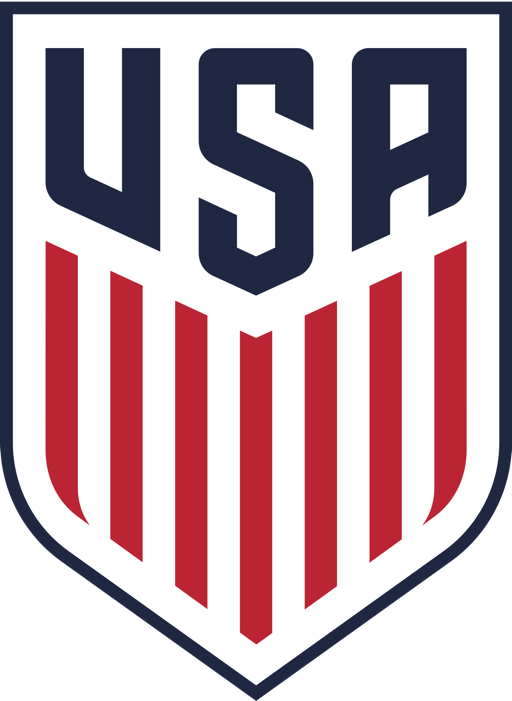As the dog days of summer are here, you or your players may be gearing up for end of summer practices and tournaments. Be prepared for playing in especially hot weather and fighting dehydration, and you will be able to run a more effective summer session.
Hot weather will directly affect your players’ performance. In hot weather, players are less able to run the same distances that they could easily run in cooler weather. Furthermore, running in hot and humid weather further inhibits the body’s capability to sweat.
You need to sweat
Sweating is the human body’s most direct way of decreasing the body’s heat. In humid weather, the skin must work overtime to facilitate heat loss, therefore competing directly with muscles in the body which need oxygen while they exercise. This is why the body gets tired more quickly in hot and humid weather– the body must do more to regulate temperature, and this can take away valuable energy from muscles.
Stay hydrated
Dehydration can be a final result of this body’s attempt to exercise at its usual capabilities in hot weather. The body can lose up to 3.5 liters of fluid during a soccer game in hot weather, as compared to 2 liters lost in cool weather.
The easiest way to fight the body’s tiredness and eventual dehydration is to ensure adequate fluid intake. Thirst is an indicator that the body is already dehydrated. If a player loses an average of 3.5 liters, you can see how much fluid the body needs in order to offset this loss. Studies show that a sports drink can also do a lot to prevent dehydration as it provides the body with much-needed sodium.
A good idea is to drink a sports drink followed immediately by an equal amount of water. The sodium in the sports drink will increase the balance of sodium inside the body’s cells; this leaves the cell receptors more receptive to the water in order to diffuse the sodium content throughout the body (think osmosis in high school biology).
Other hot weather tips
Other preventative measures include: wearing light-colored, lightweight, “wicking” clothing; holding practice in early morning or evening sessions, not in direct sunlight or during the hottest periods of the day; and keeping a strict fluid intake rule during practice.
A note for coaches
Tell your players that it won’t matter if they need to take a break because of the heat. Make your players feel comfortable with you so that you can prevent any heat sickness, dehydration, or heat stroke. You don’t want your players to be too scared to tell you that they don’t feel well. Especially if you are running a camp where players from out-of-state may be traveling to your facility, give them a day or so to get accustomed to the hot temperatures, especially if they are coming from cooler climates.




